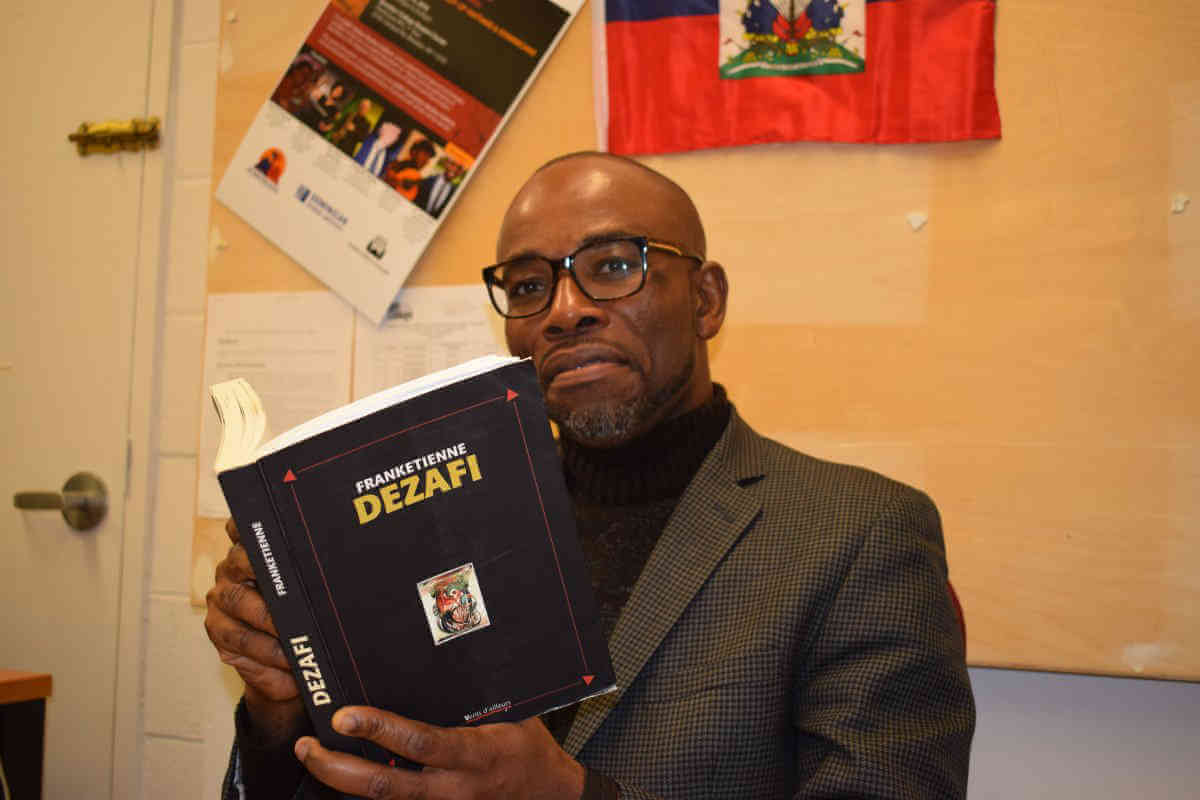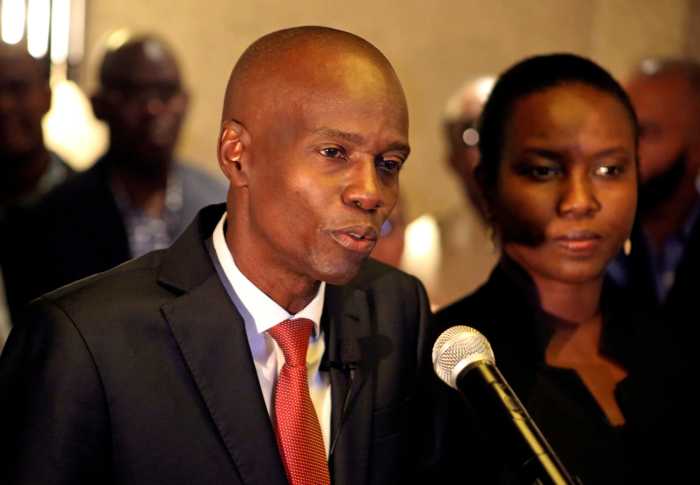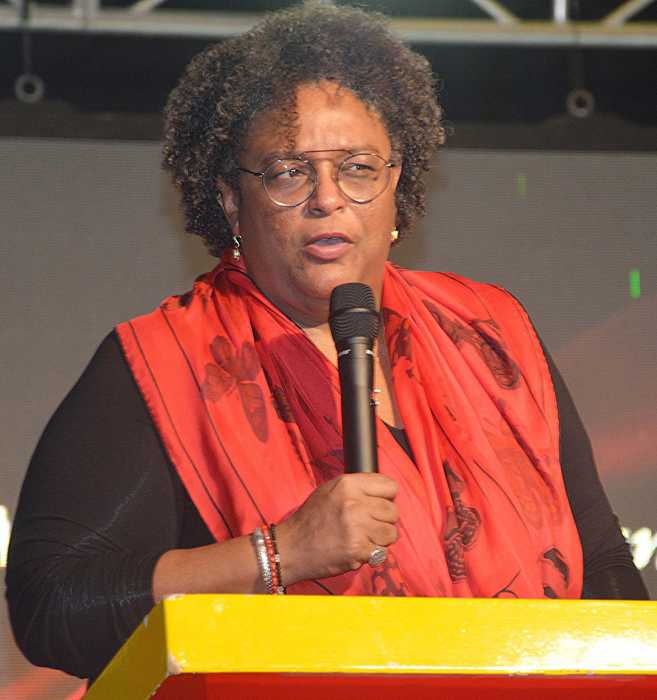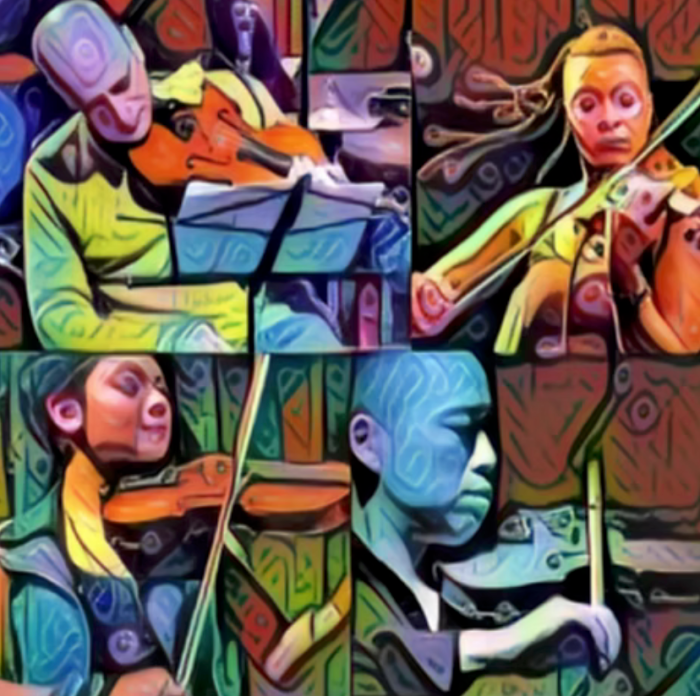The CUNY Haitian Studies Institute (HSI) is a fairly new but beneficial resource center housed at Brooklyn College. Founded in 2016 by the university’s board of trustees — it is an academic division that offers information on the study of Haiti and its Diaspora, and also examines research that reflects how minor or major changes in Haiti can influence Haitian and non-Haitian communities abroad.
The institute is headed by its founding director and sociology professor, Jean Eddy Saint Paul, who is of Haitian descent. As a former librarian and the man building it from the ground up, he said he felt an immense sense of pride leading the city’s only Haitian-centric educational institute — as the only other institute on Haitian studies in the states is located at The University of Kansas. He also says it is important to him that he left behind valuable compilations of Haitian scholarly work.
“For me personally, it’s very important and I’m using an academic platform to promote Haiti to create a legacy, not only for the current generation, but for future generations,” said Saint Paul.
He added that because of Haiti’s perception around the world due to political instability, poverty, and vulnerability to natural disaster, it was pertinent that the HSI existed to continually challenge that because narrow perceptions of Haiti add to further misconceptions and stigma. He faults the media for playing a huge role.
“Whenever there’s an earthquake or a hurricane, western media will have their eyes on Haiti because they want to promote a bad image of Haiti,” said Saint Paul. “So I think it is very important to produce counter narratives to confront that hegemonic narrative on Haiti.”
Having witnessed this over the years, one of Saint Paul’s goals is to stand up and challenge misinformation at every turn.
“Because of all of the bad press and a bad international image of Haiti, it’s a blessing and a great opportunity that I have to serve in this position because with the institute, we are promoting Haiti and countering all bad narratives on Haiti,” he said.
The main office for the institute is located on Brooklyn College’s campus, but the center is university-wide, and often hosts academic Haitian events at other CUNY colleges. The goal of HSI is to promote and uplift positive research and field work on Haiti.
Saint Paul says the mere existence of such an institute here in the states was remarkable because the history between the two nations juxtapose one another, and happened during a time when this country did not want to acknowledge Haiti’s fight for freedom.
“This is very important because the United States was a country that recognized the independence of Haiti very late,” he said. “When Haiti became independent, that independence challenged slavery, white supremacy, and colonialism, and at the time United States was a pro-slavery society. So they never wanted to recognize or accept the independence of Haiti.”
The center stands to not only be a go-to place for Haitian studies, but to also challenge the stereotypes people tend to associate with the country, said Saint Paul.
“Often times when people think of Haiti, the first thing that comes to their mind is poverty, so all of the stuff that I’m doing — it’s really a transformation,” he said. “I’m not just talking about Haiti, but I’m showing them everything Haiti has to offer culturally and intellectually, and it’s a great opportunity to have.”
The center’s next event will be a two-part series at the college on Nov. 16, honoring a national Haitian holiday commemorating the final battle of the Haitian Revolution — the Battle of Vertieres. Saint Paul said the event will also showcase the second edition of an art exhibition, and that a lecture and reception will follow.
“Celebrating the Battle of Vertieres” at Brooklyn College Student Center [2705 Campus Rd. at Amersfort Place, (718) 951–5528]. Nov. 16, 4–9 pm; Free.



























